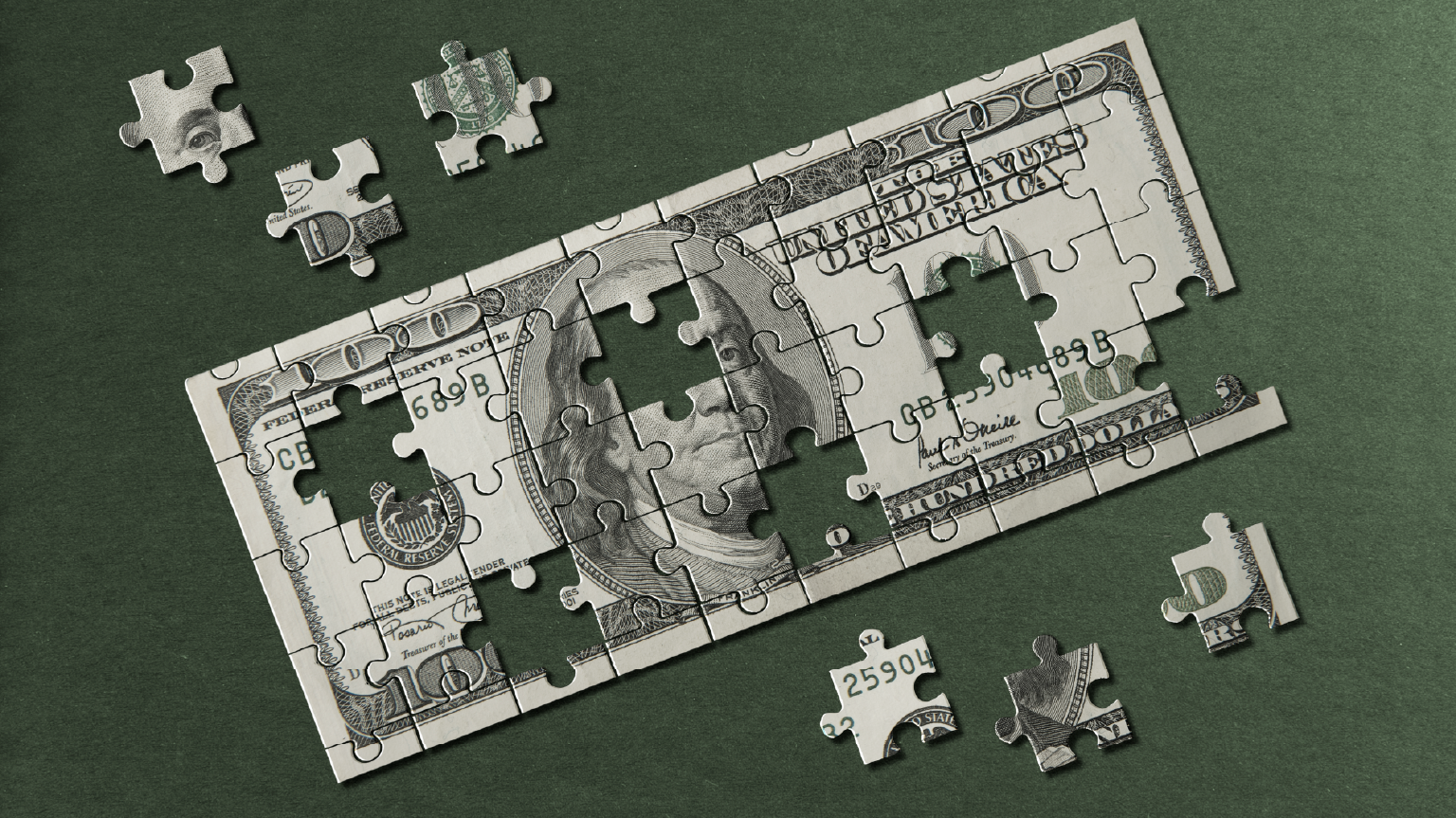4 Smart Money Moves for Saving and Investing After Debt Consolidation
Paying off debt is a huge accomplishment. It takes years of dedication, thousands of hours of hard work and long-term planning. And once you’re done, you’re back at a crossroads: How will you proceed?
We think your next step should focus on building on and protecting all the work you’ve done. With no balances holding you back, it’s time to grow what you’ve worked so hard to reclaim.
Step 1: Celebrate!
Don’t move past the massive accomplishment without celebrating your efforts first! Invite friends over for pizza, go out to dinner with a loved one or grab an ice cream cone and enjoy the simple pleasure of freedom. You’ve earned it!
While it’s important to celebrate overcoming something as difficult as debt, it’s just as important to highlight your accomplishments. So when you’re planning out your future financial goals, be sure to build in places to celebrate your achievements, big and small. These little markers can help you stay motivated as you build your wealth, reinforcing your good habits!
Step 2: Save, Save, Save
Before diving into investing, it’s wise to create a savings cushion. And before you start bucketing money for your next vacation or big purchase, begin by revisiting your emergency fund. This helps you stay prepared for surprise costs like car repairs or medical bills without falling back into debt.
Once you’re emergency fund is in good shape, map out your goals and needs for the near, middle and distant future. Identify your needs first, then your wants and prioritize from there. Start small: You’ve been waiting a long time for this, so resist the urge to feel pressured into picking your next big goal.
No matter your plan, take advantage of automated deposits into your savings — this keeps you consistent each month. A little bit set aside regularly can go a long way.
3 Tiers of Emergency Funds
| Tier | Amount | Purpose |
| Basic | $500–$1,000 | Urgent expenses |
| Essential | 1 month of expenses | Short-term security |
| Full | 3–6 months of expenses | Long-term stability |
Step 3: Grow What You’ve Saved
Once you’ve built your savings, the next smart move is investing. Investing utilizes market movements to help your money grow over time. Thanks to compounding interest, even small investments today can become big gains later.
You don’t need to be an expert to get started. Many people begin with their employer’s 401(k) or a Roth IRA. Index funds are another great option because they’re low-cost, usually non-volatile and easy to manage.
Beginner Investment Options
| Type | Risk Level | Time Horizon |
| 401(k) | Low–Medium | Long-term |
| Roth IRA | Medium | Long-term |
| Index Funds | Medium | Long-term |
| CDs | Low | Short-term |
Step 4: Make Smart Habits Stick
All your plans depend on your ability to follow through — and that’s where good habits come in. Start by reviewing your budget each week, and put a special emphasis on saving each week, too.
Be careful not to let your spending grow just because you feel “free.” That’s called lifestyle creep, and it can quietly eat away your progress (and, at worst, put you back into debt).
Set clear financial goals and review them every few months. Progress builds faster when you know exactly what you’re aiming for.
Money Habits to Keep Post-Debt
- Weekly budget check-ins
- Save before you spend
- Review financial goals every 90 days
- Keep a simple money journal
Anxious? Look Into Professional Support
If you’re unsure where to begin with investing or long-term planning, you’re not alone. A financial advisor or certified counselor can help you understand your options and build a plan that fits your life.
Some organizations even offer free or low-cost help through nonprofits or workplace benefits. If you feel stuck or overwhelmed, don’t be afraid to reach out. Guidance now can save time, stress later and money later.
Keep the Momentum Going
Be proud—you’ve taken control of your finances and made it through a tough chapter. Now it’s time to build something lasting.
Keep saving, keep learning and keep aiming higher. If you want support with next steps, professional guidance can help you make the most of your new financial freedom. And don’t forget the most important thing: Be proud of yourself! We certainly are.
The content and resources provided are for informational purposes only.
